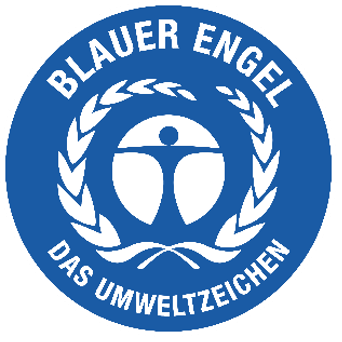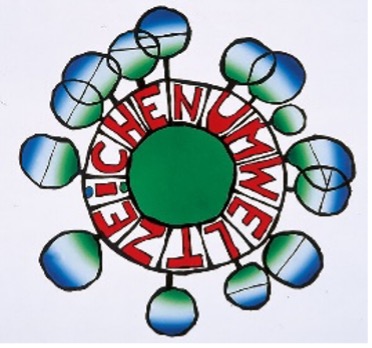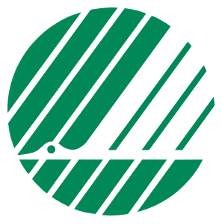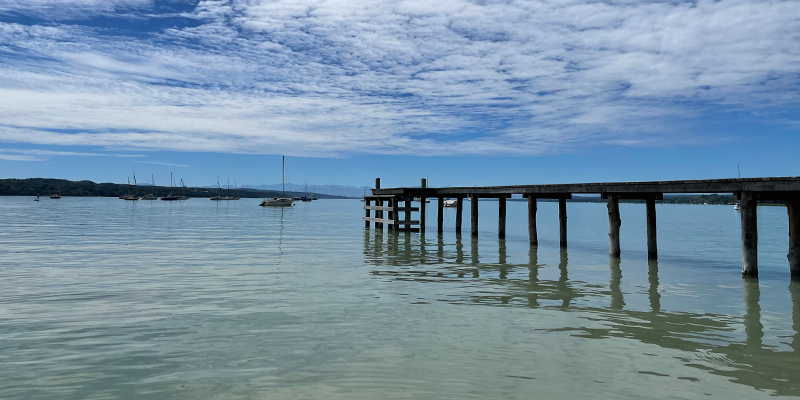The Fight for Sustainable Consumption in a Jungle of Labels
Consumers worldwide struggle to make sustainable choices, as it is often unclear what stands behind the label’s promises. And not without reason. There are approximately 230 sustainability labels on the European market, half of which lack verification. 40% of sustainability claims are unsubstantiated, and 53% are misleading or nonspecific. Even for companies, this is disadvantageous.
For this reason, on March 22, 2023, the European Commission proposed new criteria for greater sustainability transparency in sales. This is intended to combat greenwashing and support sustainable consumption.
Accordingly, labels are to comply with defined requirements in the future. There will be no new private labeling schemes without pre-approval, and public labeling schemes can only be developed at the EU level. Moreover, a guideline for the substantiation of green claims is intended to be established. No claim will be allowed to be published without scientific proof. Therefore, all claims will need to be independently verified, and regular reviews are foreseen. The objective of all this is to create transparency for the customer. The rules are meant to apply to all claims for which there are currently no EU regulations.
As a consequence, consumers should be able to compare products based on trustworthy, verified labels in the future, thus being able to make transparent consumption decisions. Also, non-EU companies that sell their products to EU consumers will have to meet the described requirements. From a business point of view, this ensures fair competition while also providing an impetus to increase sustainability efforts. This approach increases the trust of its customers. This standardization also aims to help SMEs whith less monetary resources to use the right labels and to compete with their bigger competitors.
For the new requirements to come into force, approval from the European Council and Parliament is still needed. Furthermore, each member state will still have some leeway, as the requirements come in the form of a directive, not a regulation, which would automatically apply throughout the EU. Each member state will moreover decide for itself what penalties will be imposed on a company that fails to comply with the requirements.
Meanwhile, of course, there are already labels on the market that one can look out for when trying to consume sustainably, e.g. the EU Ecolabel. Based on strict scientific criteria, which are regularly updated, the environmental impact of the product is transparently assessed over its entire lifecycle. Only products with a very low impact are awarded the label. In addition, an independent third-party audit takes place.
Moreover, the German Federal Environment Agency recommends the following country-specific labels:
- Germany: Blauer Engel

- Austria: Österreichisches Umweltzeichen (Austrian eco-label)

- Scandinavia: Nordic Swan

These are so-called Type I eco-labels, which, unlike Type II, compare the holistic environmental impact of products within a product category. All of them transparently disclose their criteria for awarding the label, accessible to everyone. The criteria are clearly defined and scientifically justified, as well as updated regularly.
How DFGE can help
DFGE can help you and your company take action. We support you along your sustainability journey. We strongly oppose greenwashing, yet we offer a variety of different services. Our solutions include helping you participate in various sustainability/CSR standards and rankings such as CDP, UNGC, EcoVadis, or GRI, as well as aligning climate-friendly business activities via science-based goals and a carbon neutrality approach. If you have further questions, you can reach us via or by phone at +49 8192-99733-20.
Text Sources:
- https://ec.europa.eu/commission/presscorner/detail/en/fs_23_1694
- https://eur-lex.europa.eu/legal-content/EN/TXT/?uri=COM%3A2023%3A0166%3AFIN
- https://natrue.org/eu-clamps-down-on-misleading-claims-key-points-to-stay-up-to-date/
- https://www.umweltbundesamt.de/themen/chemikalien/wasch-reinigungsmittel/umweltzeichen#branchenspezifische-umweltzeichen
Possible Image Sources:
- EU Ecolabel: https://eu-ecolabel.de/typo3conf/ext/eu_ecolabel_sitepackage/Resources/Public/Icons/ecolabel-logo.svg
- Österreichisches Umweltzeichen (Austrian ecolabel): https://images.squarespace-cdn.com/content/v1/5b5706720dbda33f837bc92f/1601448389768-C7ODXTLG0EVXA23NKMGU/Umweltzeichen_4C_kl_M.jpg









